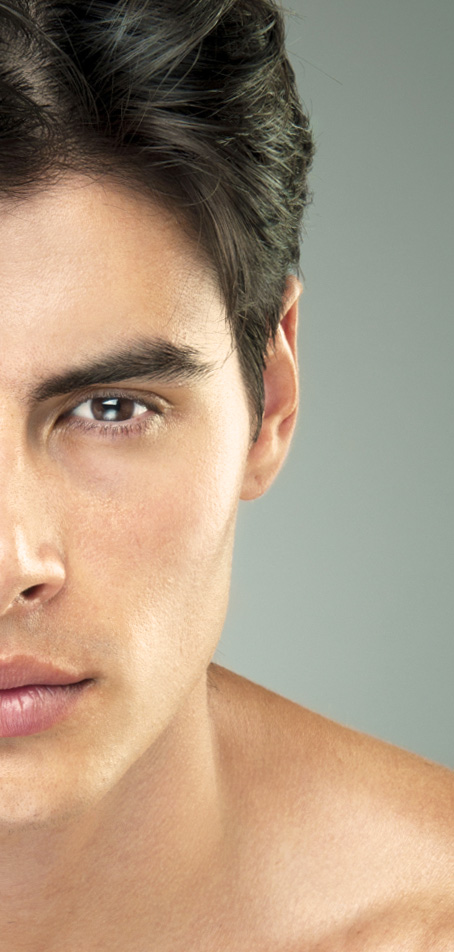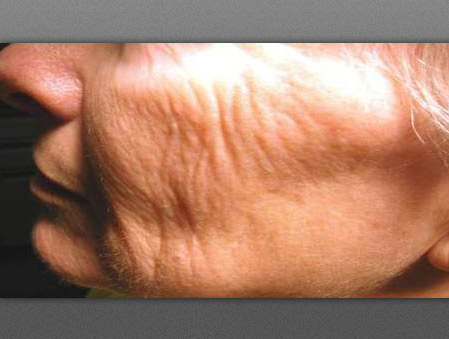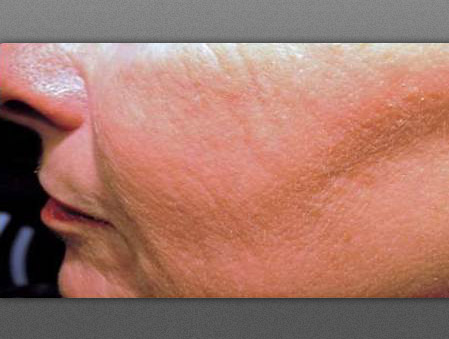
Resurfacing (strech marks/scars)
Resurfacing lasers have made significant progress over the traditional CO2 model.
Recent technology uses different wavelengths (1540nm and 2940nm) as well as fractioned delivery, which reduce drawbacks and discomfort after treatment.
The principle of fractional laser resurfacing is to stimulate the reserve layer of cells while sparing the superficial layer of skin, thus stimulating the production of collagen and elastin in the deeper layers while leaving surface cells unharmed.
The fractional laser resurfacing technology makes for smoother skin and reduces unsightly scars (acne, folliculitis,…) and stretch marks. It constitutes the only successful treatment for stretch marks.
Sun exposure after treatment must be avoided. Use of a sunblock is essential.


Process data
| Sedation: | no sedation needed |
| Treatment: | ambulatory (2 to 3 sessions, at minimum monthly intervals) |
| After-effects: | rarely swelling (eyelids) or scabs |
| Results: | deferred, improving with time |
